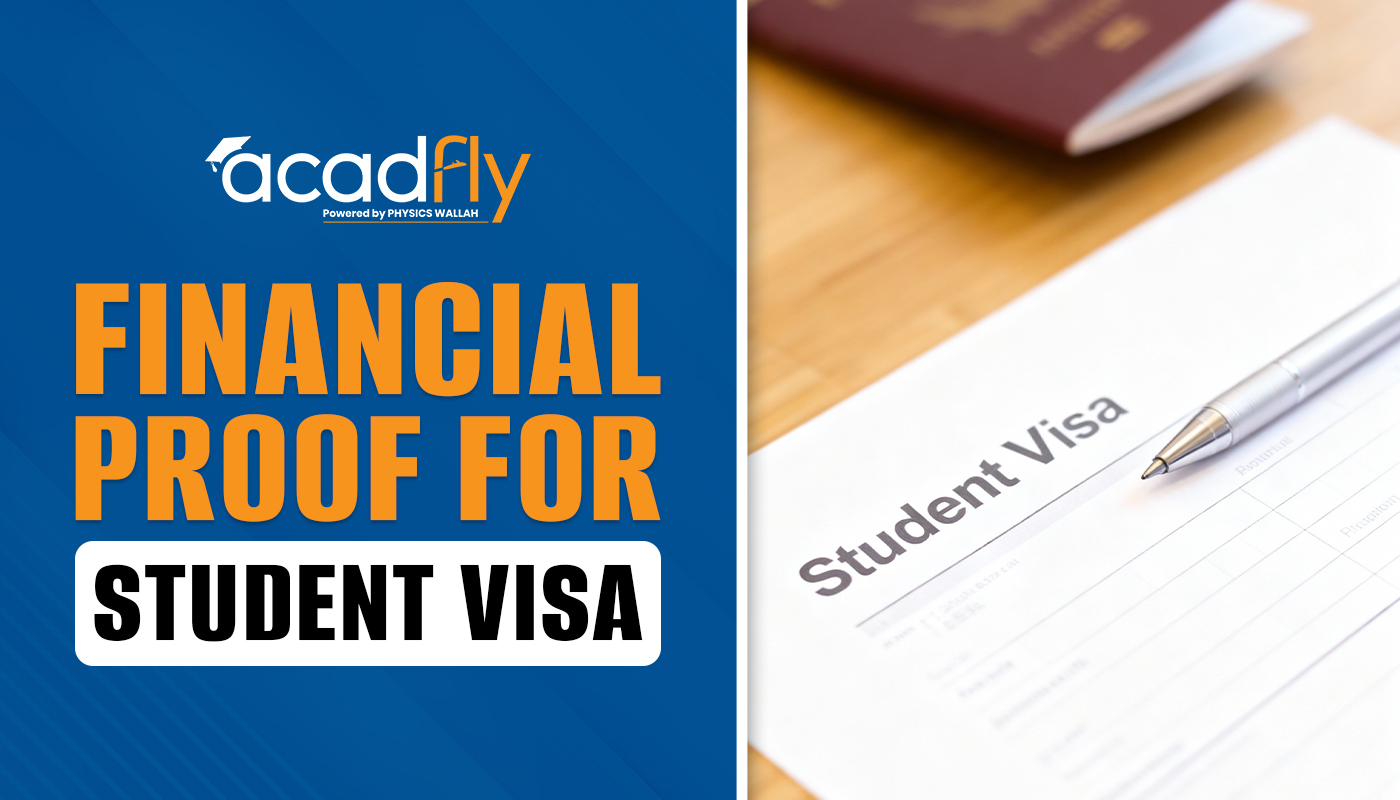

Choosing the right course when studying abroad is a significant decision that can shape your academic journey and future career. With countless programs available across various countries, this decision can be overwhelming. Factors such as personal interests, career goals, financial considerations, and academic strengths play crucial roles in this process. This comprehensive guide explores the challenges students face in selecting the right course abroad and provides insights into making an informed decision.
Understanding Your Interests and Strengths
Identifying Personal Interests
One of the first steps in choosing the right course is understanding your personal interests. Reflect on subjects that you are passionate about and enjoy studying. Consider hobbies, extracurricular activities, and topics that intrigue you. Selecting a course aligned with your interests will enhance your motivation and commitment throughout your studies.
Assessing Academic Strengths
Another critical aspect is evaluating your academic strengths. Identify the subjects in which you excel and feel confident. Pursuing a course that aligns with your strengths can increase your chances of academic success and make your learning experience more enjoyable. Seek feedback from teachers, mentors, and family members to gain a well-rounded perspective on your abilities.
Researching Courses and Universities
Exploring Course Options
Researching available courses is a fundamental part of the decision-making process. Utilize online platforms, university websites, and educational portals to explore different programs. Look into the curriculum, course structure, duration, and the subjects offered. Understanding the content and scope of various courses will help you narrow down your options.
Evaluating University Rankings
University rankings can provide valuable insights into the quality of education, faculty, research opportunities, and campus facilities. Consider factors such as global reputation, student satisfaction, employability rates, and academic support services. While rankings are not the sole determinant of a university's suitability, they can serve as a useful reference point.
Considering Accreditation and Recognition
Ensure that the course and university you choose are accredited and recognized by relevant educational authorities. Accreditation guarantees that the institution meets specific quality standards and that your degree will be recognized by employers and other academic institutions worldwide.
Aligning Courses with Career Goals
Defining Career Objectives
Having a clear understanding of your career objectives is crucial when selecting a course. Consider your long-term career aspirations and the skills required to achieve them. Choose a course that provides the necessary knowledge, skills, and qualifications to pursue your desired career path.
Exploring Industry Demand
Researching the demand for specific skills and qualifications in your target industry is essential. Analyze current job market trends and future projections to identify fields with high growth potential. Selecting a course aligned with industry demand can enhance your employability and job prospects after graduation.
Seeking Professional Advice
Consulting with career counselors, industry professionals, and academic advisors can provide valuable insights into the suitability of different courses. They can offer guidance on job opportunities, industry requirements, and potential career paths. Attending career fairs, networking events, and informational interviews can also help you gather information from experienced professionals.
Financial Considerations
Calculating Tuition Fees and Living Expenses
Studying abroad involves significant financial investment, including tuition fees, accommodation, living expenses, travel costs, and other miscellaneous expenses. Research the cost of studying in different countries and universities to understand the financial implications. Consider scholarships, grants, and financial aid options available to international students.
Evaluating Return on Investment
Assessing the return on investment (ROI) is crucial when choosing a course. Consider the potential earnings and career prospects after completing the program. Compare the costs with the expected benefits to determine if the investment is worthwhile. High-ranking universities with strong industry connections often offer better ROI through higher employability and salary prospects.
Exploring Funding Opportunities
Explore various funding opportunities to support your education abroad. Many universities, governments, and private organizations offer scholarships, grants, and bursaries to international students. Research eligibility criteria, application deadlines, and the required documents to maximize your chances of securing financial aid.
Cultural and Social Factors
Adapting to a New Culture
Studying abroad involves adapting to a new culture, lifestyle, and social environment. Consider your ability to adapt to different cultural norms, languages, and customs. Choose a country and university where you feel comfortable and supported. Understanding the cultural dynamics can enhance your overall experience and personal growth.
Building a Support Network
A strong support network is essential for a successful study abroad experience. Research the availability of student support services, such as counseling, academic assistance, and extracurricular activities. Universities with active international student communities and support systems can provide a sense of belonging and help you navigate challenges.
Considering Language Requirements
Language proficiency is a critical factor when studying abroad. Ensure that you meet the language requirements for your chosen course and university. Some programs may require proficiency in the local language, while others may offer courses in English. Consider taking language proficiency tests, such as TOEFL or IELTS, to meet the admission criteria.
Practical Considerations
Understanding Admission Requirements
Each university and course may have specific admission requirements, including academic qualifications, standardized test scores, and prerequisite subjects. Ensure that you meet these requirements and prepare the necessary documents for your application. Understanding the admission criteria will help you shortlist suitable courses and universities.
Preparing for Application Deadlines
Application deadlines vary across universities and programs. Create a timeline to track important dates and deadlines for applications, scholarships, and other requirements. Start your application process early to avoid last-minute stress and ensure that you submit all documents on time.
Planning for Post-Study Opportunities
Consider the opportunities available after completing your studies. Some countries offer post-study work visas, allowing graduates to gain work experience and explore job opportunities. Research the immigration policies and work regulations of your chosen country to understand the possibilities for post-study employment.
FAQs
1. What factors should I consider when choosing a course to study abroad?
When choosing a course to study abroad, consider your personal interests, academic strengths, career goals, financial considerations, and cultural adaptability. Research course options, university rankings, accreditation, industry demand, and funding opportunities to make an informed decision.
2. How can I identify my interests and strengths for selecting a course?
Reflect on subjects that you are passionate about and enjoy studying. Consider your hobbies, extracurricular activities, and topics that intrigue you. Seek feedback from teachers, mentors, and family members to gain a well-rounded perspective on your interests and strengths.
3. How important are university rankings in choosing a course?
University rankings provide valuable insights into the quality of education, faculty, research opportunities, and campus facilities. While rankings are not the sole determinant of a university's suitability, they can serve as a useful reference point. Consider factors such as global reputation, student satisfaction, and employability rates.
4. What financial factors should I consider when choosing a course abroad?
Consider tuition fees, accommodation, living expenses, travel costs, and miscellaneous expenses. Assess the return on investment (ROI) by comparing the costs with the expected benefits, such as potential earnings and career prospects. Explore scholarships, grants, and financial aid options available to international students.
5. How can I ensure that my chosen course aligns with my career goals?
Define your career objectives and the skills required to achieve them. Choose a course that provides the necessary knowledge, skills, and qualifications for your desired career path. Research industry demand, job market trends, and seek professional advice to make an informed decision.
6. What cultural factors should I consider when choosing a course abroad?
Consider your ability to adapt to different cultural norms, languages, and customs. Choose a country and university where you feel comfortable and supported. Research the availability of student support services, language requirements, and the cultural dynamics of your chosen destination.
7. How can I prepare for the application process for studying abroad?
Understand the admission requirements for your chosen course and university, including academic qualifications, standardized test scores, and prerequisite subjects. Create a timeline to track important dates and deadlines for applications, scholarships, and other requirements. Start your application process early to avoid last-minute stress.
8. What post-study opportunities should I consider when choosing a course abroad?
Research the opportunities available after completing your studies, such as post-study work visas and job prospects. Consider the immigration policies and work regulations of your chosen country to understand the possibilities for post-study employment and long-term career growth.
9. How can I maximize my chances of securing funding for studying abroad?
Explore various funding opportunities, including scholarships, grants, and bursaries offered by universities, governments, and private organizations. Research eligibility criteria, application deadlines, and the required documents. Prepare a strong application and meet all requirements to maximize your chances of securing financial aid.
10. What support services are available for international students studying abroad?
Many universities offer student support services, such as counseling, academic assistance, and extracurricular activities. Research the availability of these services and choose a university with active international student communities and support systems to enhance your overall experience and personal growth.
Choosing the right course when studying abroad is a challenging but rewarding process. By considering your interests, strengths, career goals, financial factors, cultural adaptability, and practical considerations, you can make an informed decision that aligns with your aspirations and sets the foundation for a successful academic and professional journey.
Frequently Asked Questions









